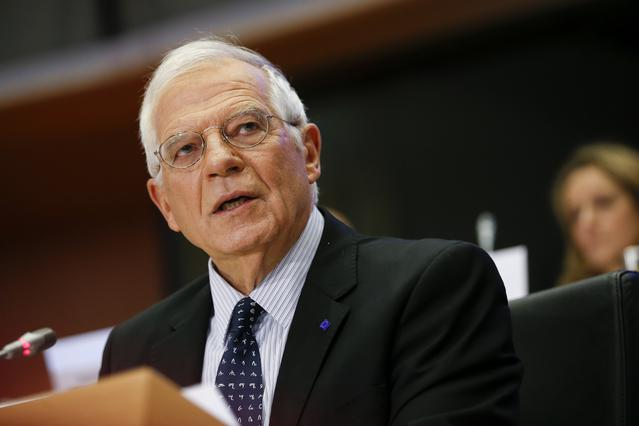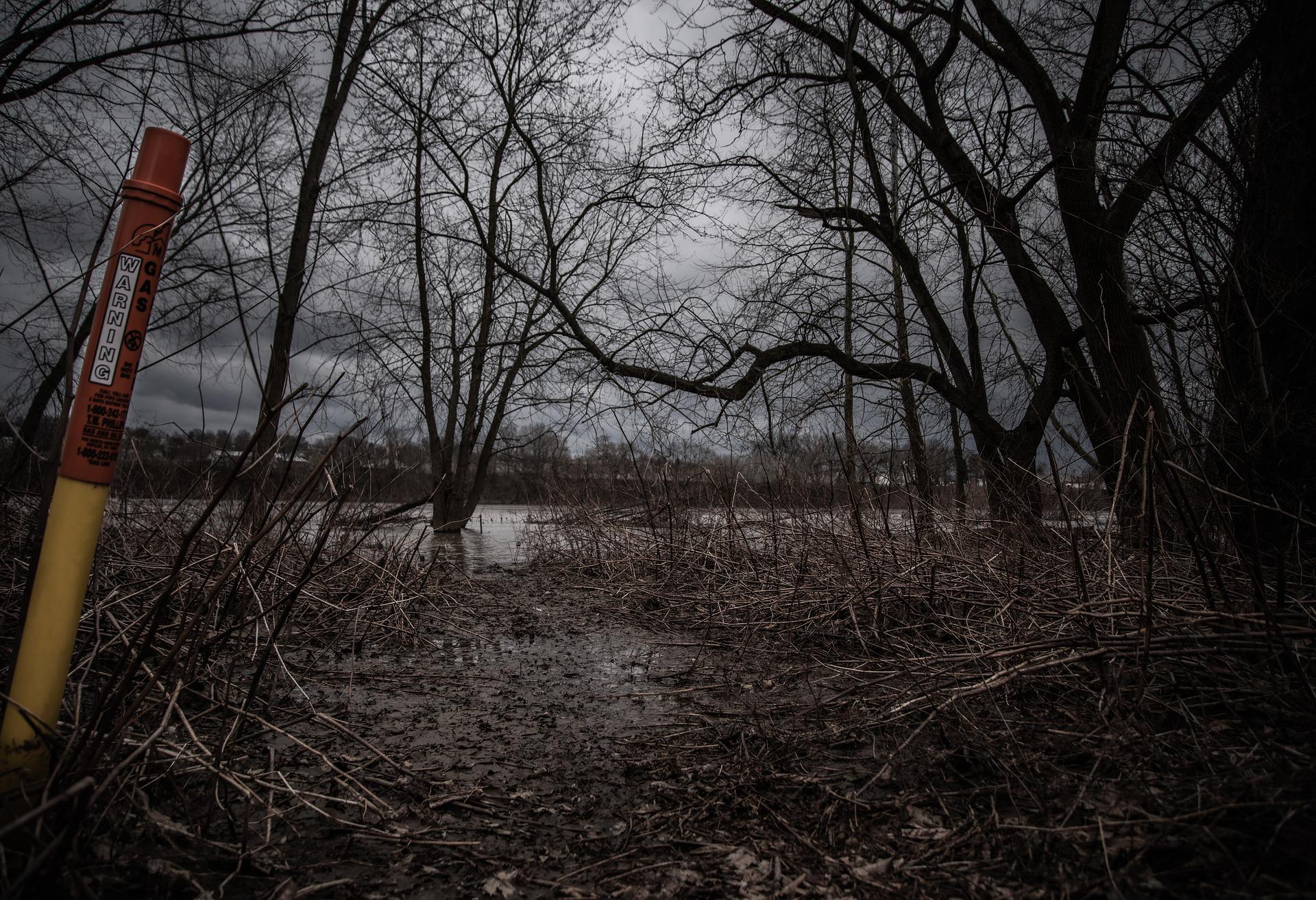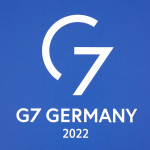“Thirty-six years ago, the accident at the Chornobyl Nuclear Power Plant led to one of the most horrific nuclear incidents in history. This long-lasting tragedy has had widespread consequences in Ukraine, Belarus, Russia, and in other parts of Europe, causing fatalities, human suffering, long-term health damage, food shortages, and polluting the environment. Some 350,000 people had to leave their homes in severely contaminated areas, with social and economic consequences that continue to this day.
Today, Russia’s illegal and unjustified aggression in Ukraine again jeopardises nuclear safety on our continent. Russia has targeted and occupied Ukrainian nuclear sites, recklessly damaging the facilities. The unlawful occupation and the interruption of normal operations, such as preventing the rotation of personnel, undermine the safe and secure operation of nuclear power plants in Ukraine and significantly raise the risk of an accident.
On the anniversary of the 1986 Chornobyl accident, we reiterate our utmost concern over the nuclear safety and security risks caused by Russia’s recent actions at the Chornobyl site. We call on Moscow to return control of the occupied Zaporizhzhia nuclear power plant to the Ukrainian authorities and refrain from any further actions targeting nuclear installations.
We reaffirm our commitment to the highest standards of nuclear safety, nuclear security and safeguards worldwide and we welcome and fully support the IAEA’s efforts to provide assistance, upon the Ukrainian government’s request.
We call on the international community and all relevant actors to immediately start a reflection on how to improve existing international instruments to protect nuclear sites in the context of war, and on whether new specific instruments might be necessary.”

Europe in danger: What next for EU Security and Defence? |
Background
The tragedy of Chornobyl triggered a global response and generated a new awareness of nuclear safety issues. The EU has provided extensive support to ensure the safe containment of Chornobyl reactor number four, effective radioactive waste management, and assistance to the affected regions.
The EU has been among the first to react to the Chornobyl disaster. It has provided €432 million for the Chornobyl New Safe Confinement, along with loans worth €600 million, together with the European Bank for Reconstruction and Development to Ukraine’s Comprehensive Safety Upgrade Programme for safety improvements of other nuclear power plants in Ukraine.
The lessons learned from the Chornobyl accident also resulted in new international conventions and Euratom instruments, to improve the security of nuclear facilities operation, the safety of waste management as well as the exchange of information in the event of a nuclear emergency. All EU Member States are parties to those conventions and continue to support all efforts to strengthen nuclear safety worldwide.
Furthermore, EURATOM established the European Community Urgent Radiological Information Exchange (ECURIE) system, to exchange information in the event of a nuclear emergency and legislation was later adopted to strengthen nuclear safety of nuclear installations and to achieve the safe management of radioactive waste.
Source: European Commission – Statement







Leave a Reply